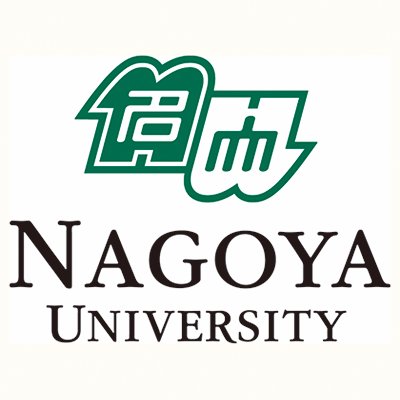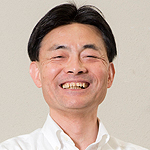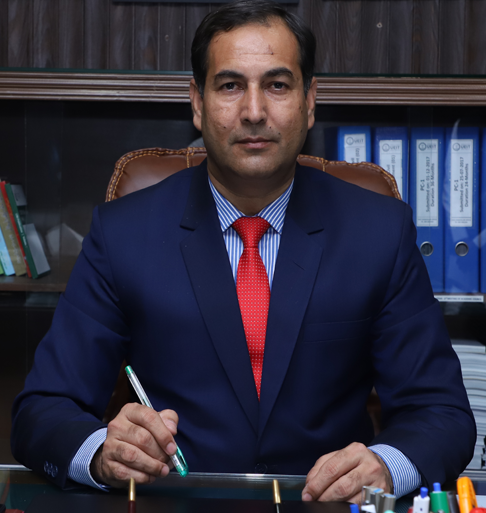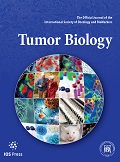An institutional investigation of a group of nanotechnology researchers in Japan has concluded that a former graduate student in the lab began his cheating ways “on a daily basis from a very early stage” after joining the team in 2015.
According to a Google translation of the report, Yuuta Yano – whom the document identifies as “former graduate student A” and with other oblique references, committed sweeping fabrication of data and other misdeeds:
over a period of four years or more, the number of forged data is extremely large, and even concealment work is performed, so it is evaluated that the maliciousness of the act is high. … The impact is great. In addition, it was published in a wide range of academic journals and has a large social impact.
Yano also was found to have thrown away lab notebooks in order to hide his culpability.
Continue reading Nanotech researchers cleared of fraud but failed to supervise cheating grad student: University








